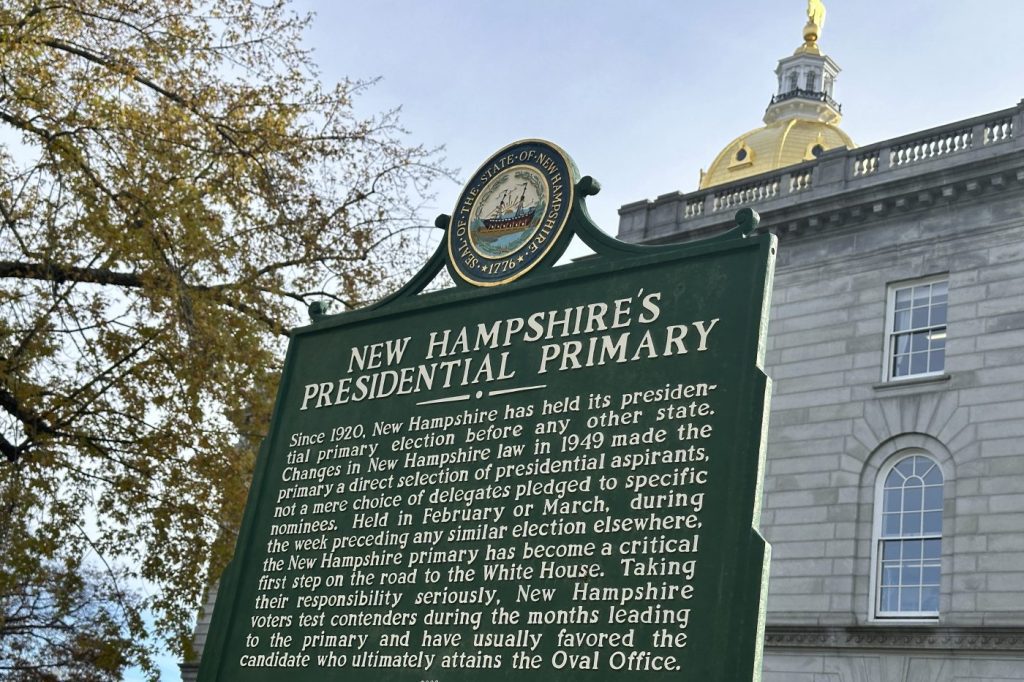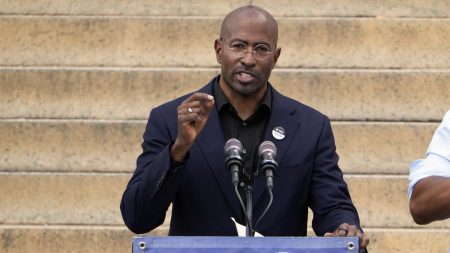The New Hampshire state House moved forward with a proposal on Thursday that would mandate disclosure of the use of deceptive artificial intelligence (AI) in political ads, as part of an increasing effort in states to establish AI regulations to safeguard elections.
The bill was approved in the state House without discussion and will now progress to the state Senate.
The bill gained traction after New Hampshire voters got robocalls in January, before the state’s primary elections, featuring an AI-generated voice imitating President Biden. Steve Kramer, a long-time Democratic operative, acknowledged being responsible for the fake robocalls and stated that he did it to highlight the risks of AI in politics, NBC News reported in February.
New Hampshire’s attorney general’s office declared that the calls breached the state’s law against voter suppression.
The new bill would necessitate disclosure when deceptive AI is used in political advertising within 90 days of an election, and the disclosures would clarify that the ad’s image, video, or audio has been “manipulated or generated” by AI and “depicts speech of conduct that did not occur.”
The bill includes exceptions for satire and parody.
The new measure is part of a growing trend of states introducing bills aimed at implementing AI regulations for election-related content. An analysis released by Voting Rights Lab earlier this week tracked more than 100 bills in 39 state legislatures containing provisions intended to regulate the potential for Ai to produce election disinformation.
The digitally-altered robocall depicting Biden in New Hampshire renewed appeals from advocates for the federal government to establish safeguards against the spread of AI election disinformation.
The Federal Election Commission (FEC), under pressure led by the advocacy group Public Citizen, unanimously voted in August to initiate a public comment period to update a rule about fraudulently misrepresenting candidates to clarify that the rule applies to deceptive AI in campaigns.
The FEC has not announced any further action on the rule.









